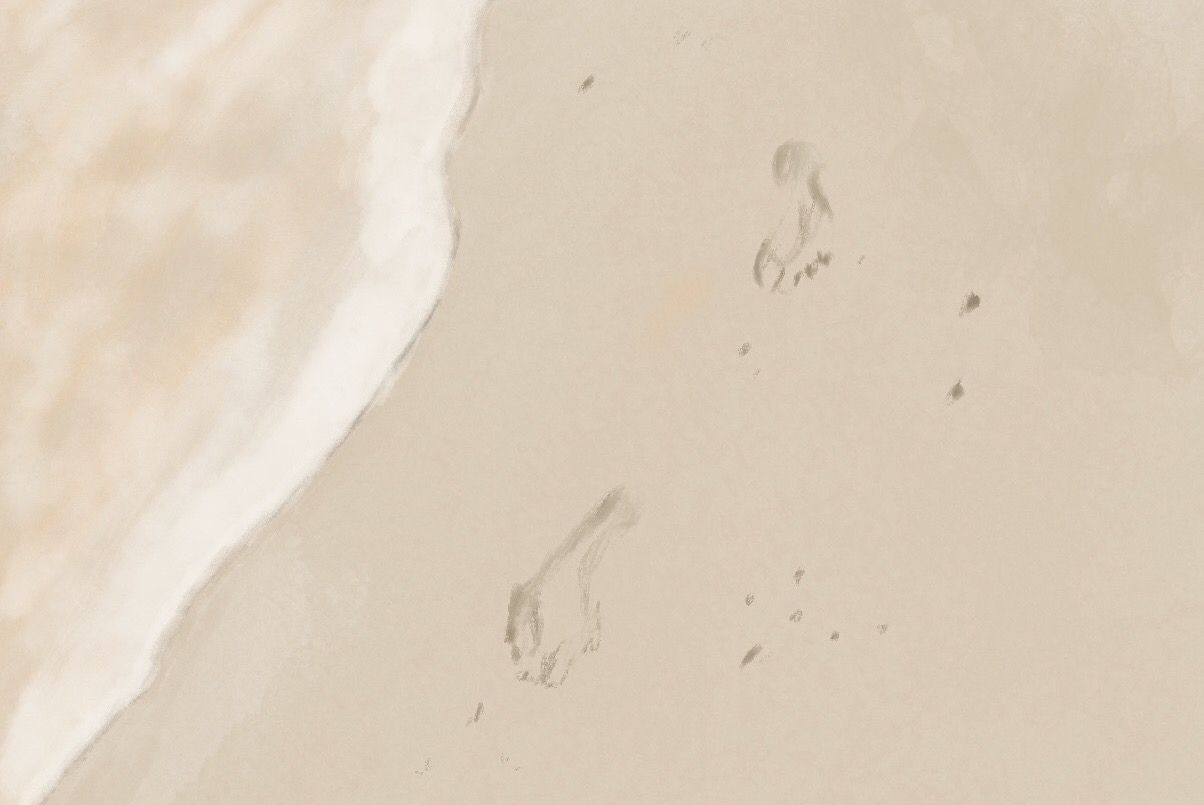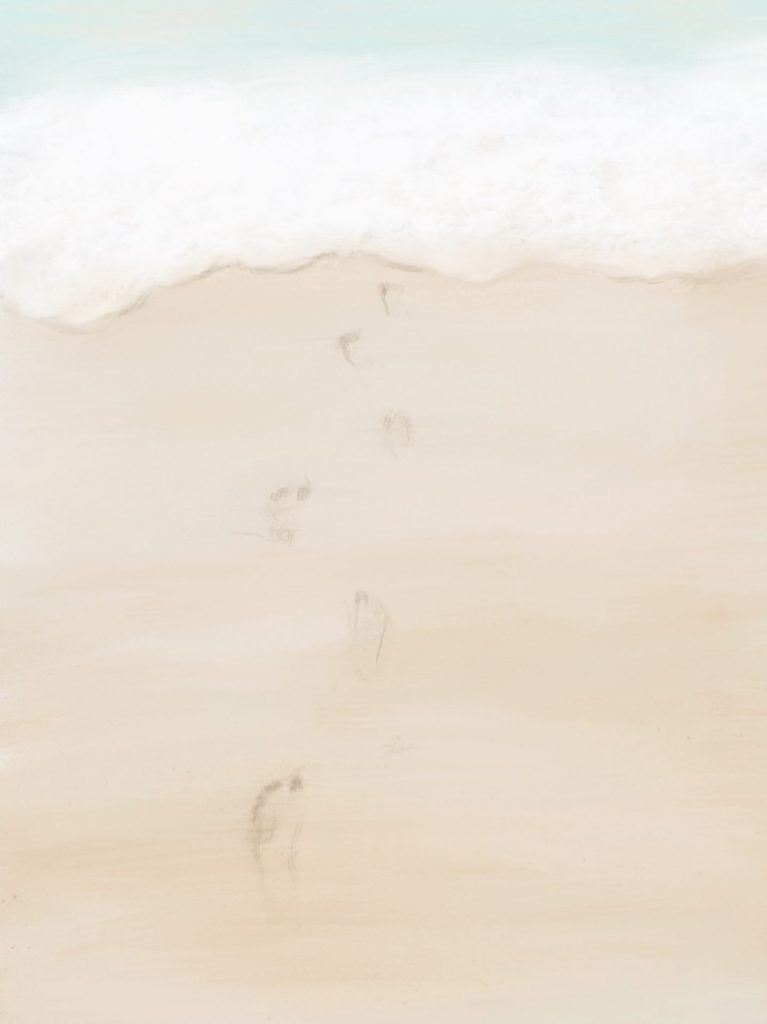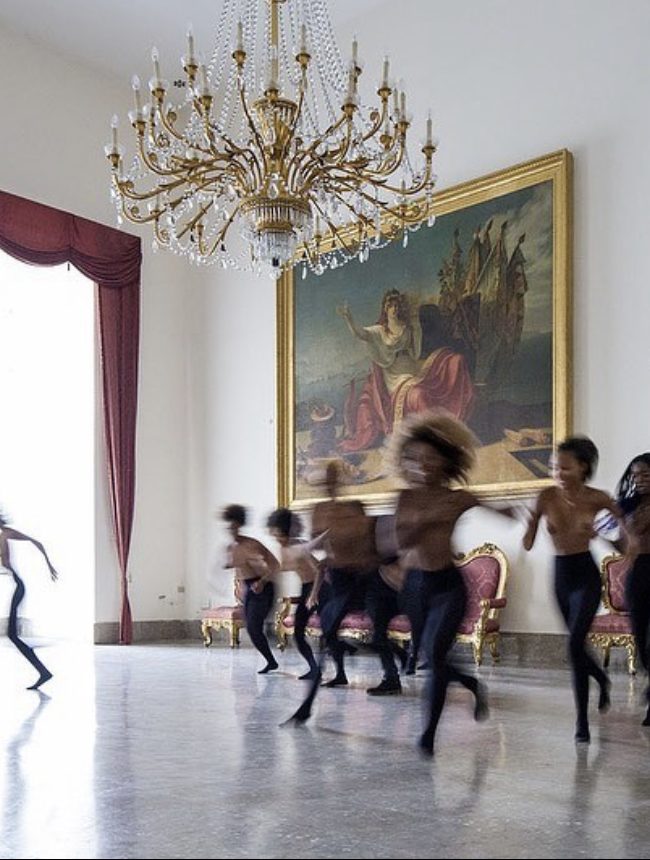
The traces we leave. Your footprint matters
„No Man is an island, entire of itself.
Harakiri for the Sky – The Traces We Leave
Every man is a piece of the continent, a part of the main.
I am involved in mankind, and so are you.“
„I am one in many million!“ I thought and felt small. „I am one of many!“ I thought and felt strong.
This is no deep-insight, research based article – it is a small reminder on the traces we leave and on how to make the most of it.
Emotional Footprint
Let’s start with the least obvious. Our emotional footprint. This is no terminology that is widely spread. It‘s one that I use for the purpose of this message. Our words and actions have an impact on others. Regardless how subtle or exaggerating they are and regardless if they are spoken, written or silent.
I became increasingly aware of this, in the moment I stopped ignoring and locking away my feelings and realized I had a bunch lot of anger, sadness, confusion and insecurity locked up in me. The problem with feelings is, that we cannot just lock away one of them and let all others flow freely. If we start to ignore feelings, we ignore all of them. So there was a whole time where I felt emotionless. As I didn’t want to feel the ‚bad feelings’, I unconsciously also locked away all the good ones.
It was people’s actions and words that created those feelings that our society teaches us to be “bad feelings” but it was also peoples actions and words that made me open up and become loving, caring, smiling and sharing again.
The anonymity of the internet makes it easy to forget that there is an actual human being on the other side – but also in personal communication there is an increasing tendency to react impulsively whilst ignoring the effect it might have on others. It‘s normal. We learn to react fast and faster, because many of our jobs need us to, the internet makes us to and society wants us to.
Try holding on for a moment before taking action and saying things out loud. Reflecting the effects it has on the person in front and sometimes try to listen without intermediate reacting. It has the power to create a bond and to change your connection to people.
Ecological Footprint
You have probably heard this word a thousand times already. You might have also taken the time to calculate you ecological footprint using a platform like this one!?
Many use the idea of a bank account to explain and understand the measurements of the ecological footprint. Imagine all available natural resources being locked up in a bank account. Every consumer decision takes different amounts of resources from the accounts. Others don’t “cost anything.” The idea is, that every person has an available amount of resources allocated and once they are all used up, you enter an ecological deficit and reach your personal “overshoot day”.
The Ecological Footprint and therefore also the “overshoot day” can be calculated for a single individual, a city, region and the entire planet. The overshoot day is calculated every year using data from the previous years to create forecasts. Austria’s overshoot day in 2020 for example is calculated for April 7th. Some countries have no overshoot day at all as their Ecological Footprint per person are less than global biocapacity per person. The world’s overshoot day for 2020 has not been calculated and set yet.
Here is 35 ways to reduce your ecological footprint.
I am aware that this is a very basic introduction to this topic. If you’d like to have an extensive article on this including more detailed Tripp’s on how you can reduce your ecological footprint – leave a comment!

Commercial Footprint
Again this is no expression that you will find in a dictionary and when you google or “ecosia” it, you will probably get an invitation to search for carbon footprint instead. Still this expression describes just perfectly well what I want to say.
For years or better decades, different industries have rolled all responsibility of creating change onto the consumer. Meaning they were not taking any steps towards sustainable and fair productions if there was no visible demand for it. Only slowly different laws are supporting consumers in fighting for sustainability and production standards, but at the moment the biggest force is still every single consumer.
Every commercial decision we make, which clothes we wear, which food we eat and which products we use is a little screw in a big machinery. Every decision can help to distribute market shares of global brands to many small labels. It can give power and security back to local producers and it can change global trends.
The motives and factors on which you base these decisions can depend on ecological, economic and ethical factors. After all, it’s on you to know your priorities and the direction you want to see the world to change in.
Digital Footprint
Well and then there is this thing called >> digital footprint <<.
I am writing those words on an iPad equipped with a VPN, private browser mode and ad blocker. And still in a frightening 5 seconds something I have just researched in the net shows up as an ad on another platform. Every click we make, leaves a trace. Every picture we upload, stays.
Whether we want to or not, most of us contribute to a growing portrait of who we are online, a portrait that is probably more public than we assume. This portrait helps companies target content at specific markets and consumers, helps employers look into your background, and helps advertisers track your movements across multiple websites. But it also tells important stories about your lifestyle choices and consumer behavior. Learning more about your digital footprint is important for your own safety – but also to learn how you can positively influence systems.
Let me give you an example. Google is the most used web browser. Switching to a platform like Ecosia shows that you care about the environment and take according action. Your browser history is used for trend research. The more people inform themselves about sustainability, fair fashion, … all those topics. The more importance it will gain and companies react.
Wherever we go we leave traces. Being forgotten is practically impossible. Once a person cares about you, s/he will remember. Once you have been in the internet, it will not forget, You influence a system, and it will change. Make your footprint the most beautiful reflection of yourself.
The images used for this article were digitally painted by me. Inspired by photographs found on Pinterest.





